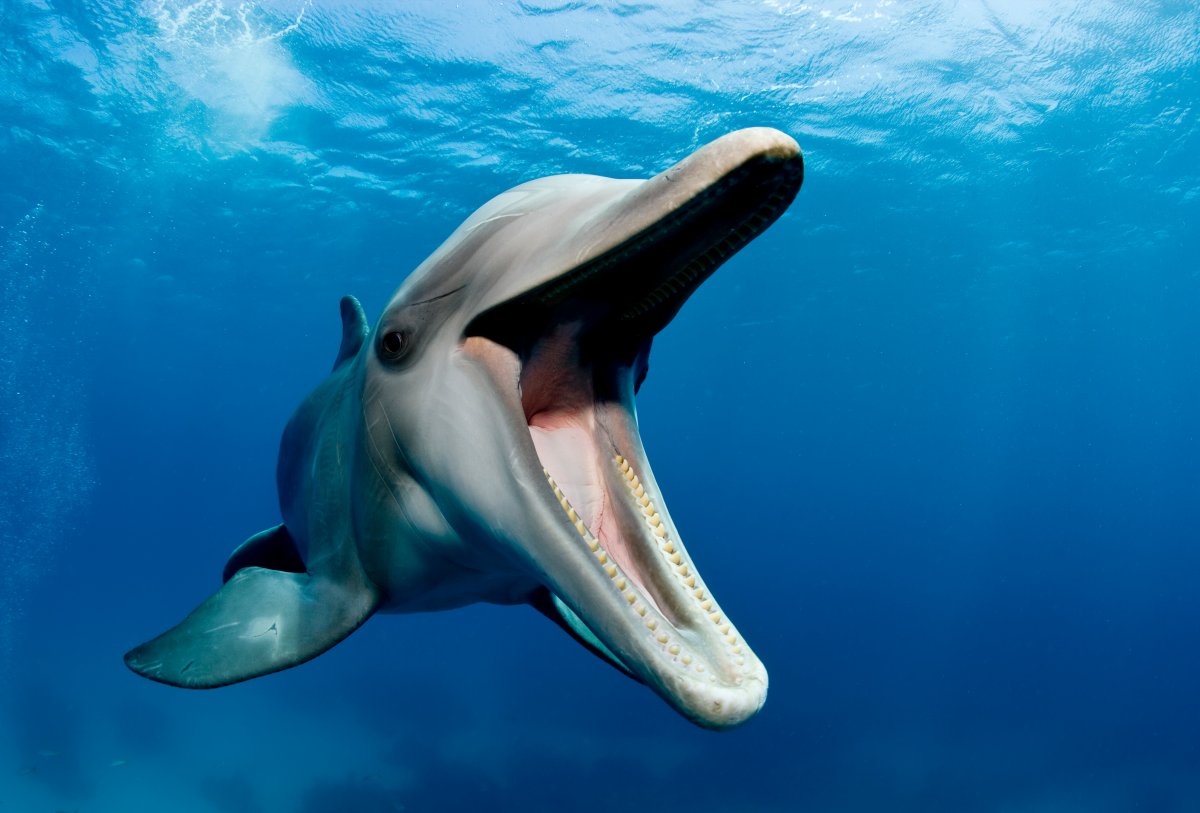Though they may seem cute and innocent, at least one wild dolphin in Japan has been accused of baring its teeth at beachgoers.

Police in the western prefecture of Fukui have warned swimmers to stay away from wild dolphins after local media reported that more than 10 people have been bitten in the region since July 9.
Last weekend alone, six people at Koshino beach were attacked, though all bite-related injuries have been mild.
Japanese media reported that a third grader bled after she was bitten by a dolphin on Monday. Another man was nipped on the hand the day before.
The Japan Times reported that city officials believe it is one rogue dolphin responsible for the biting, though this remains uncertain.
In an attempt to deter dolphins from entering the area, on Wednesday staff at Koshino beach set up machines that emit ultrasonic frequencies under the water.
Signs were also placed around the beach warning swimmers not to approach or touch wild dolphins, and to remain vigilant.
It is unclear why the dolphin (or dolphins) have been chomping at beachgoers.
Fukui Prefectural Police issued a warning on Twitter this week and told the public to be wary of approaching wild dolphins.
“Dolphins tend to be considered cute, but if you approach wild dolphins carelessly, you might get bitten and injured,” police wrote in Japanese. “If you spot any, don’t go near them.”
Masaki Yasui, a tourism promotion department official in Fukui city, told Vice News that dolphins have regularly been seen swimming near Koshino beach, but this is “the first time this year that a dolphin came into shallow water.”
The deputy director at Shinagawa Aquarium in Tokyo, Toshihisa Matsudo, told Vice News that wild dolphins are not known to “deliberately attack.” Still, he warned against approaching the mammals.
“They can weigh more than 200 kilograms — even if they’re playing, because we humans are much lighter and weaker, they could hurt us,” he said.







Comments